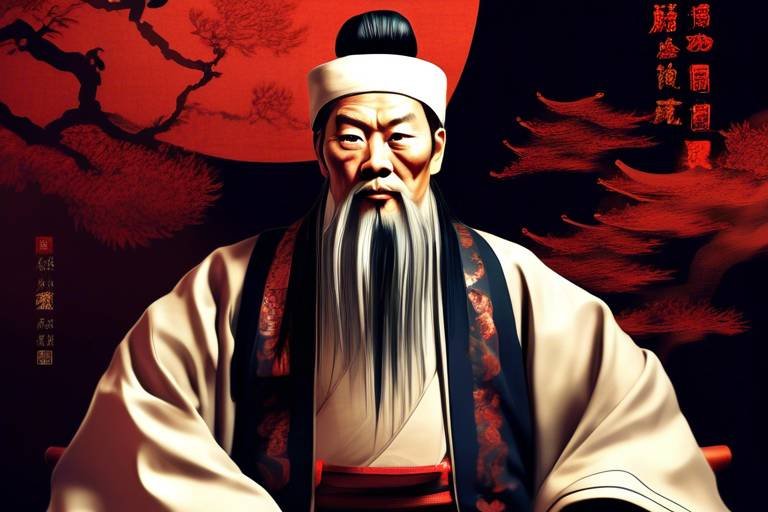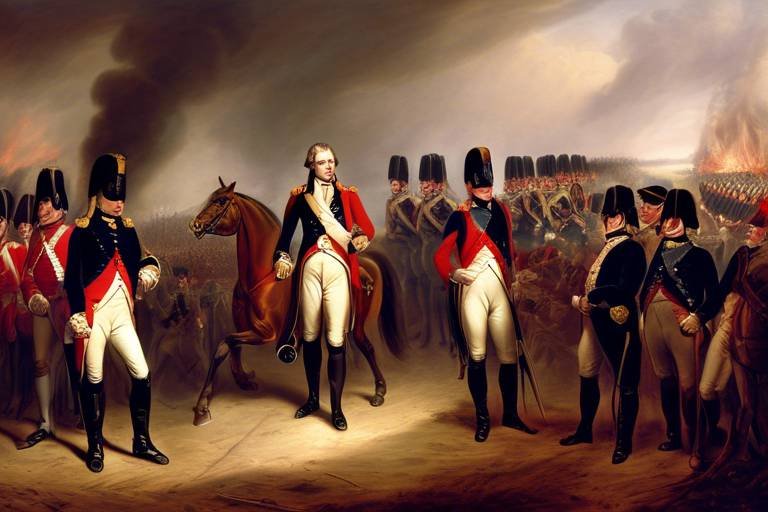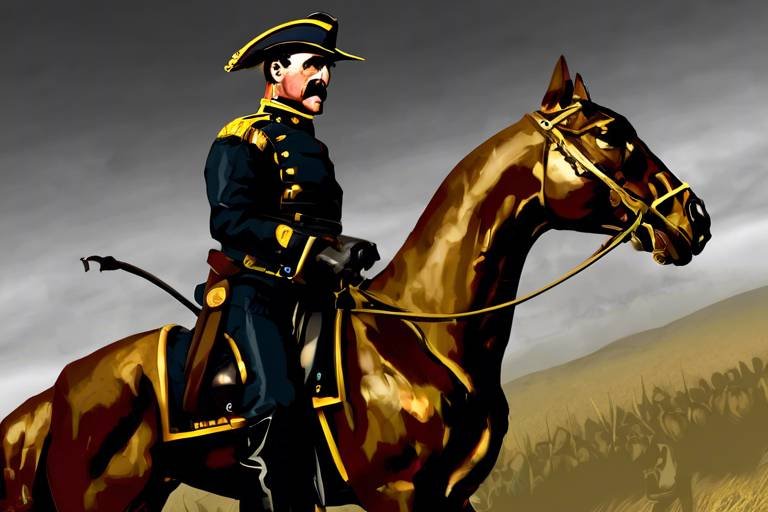Suleiman I: The Magnificent Sultan
Known as one of the most illustrious rulers in Ottoman history, Suleiman I, also referred to as Suleiman the Magnificent, left an indelible mark on the empire during his reign. His strategic prowess, legal reforms, and cultural patronage defined a golden age for the Ottomans.
From a young age, Suleiman exhibited exceptional leadership qualities that would later shape his legacy. His ascension to the throne marked the beginning of a transformative era for the Ottoman Empire, characterized by military conquests and administrative innovations.
Suleiman's military campaigns were legendary, with victories that expanded the empire's borders and solidified its power. The conquest of Belgrade, the capture of Rhodes, and the iconic sieges of Vienna and Baghdad showcased his military genius.
However, Suleiman was not just a conqueror; he was also a reformer. His legal reforms and administrative innovations revolutionized the Ottoman governance system, paving the way for greater efficiency and justice within the empire.
Besides his military and administrative achievements, Suleiman was a great patron of the arts and architecture. His support for cultural endeavors led to the construction of iconic structures like the Suleymaniye Mosque, a testament to his enduring legacy.
At the heart of Suleiman's success was his partnership with Hurrem Sultan, his influential wife who played a significant role in politics and diplomacy. Together, they reshaped the Ottoman court and influenced the empire's direction.
Suleiman's reign had a profound impact on Ottoman history, shaping the empire for generations to come. His diplomatic strategies and alliances with European powers, as well as his interactions with Safavid Persia and Mamluk Egypt, defined the empire's foreign relations.
However, with the end of Suleiman's era came challenges for his successors. The decline of the Ottoman Empire after his death marked a transition to a new chapter in Ottoman history, signaling the end of an extraordinary period.

Early Life and Ascension to the Throne
Suleiman I, famously known as Suleiman the Magnificent, was born on November 6, 1494, in Trabzon, present-day Turkey. His early life was marked by rigorous education and training in various fields, preparing him for the responsibilities of rulership. Suleiman ascended to the Ottoman throne in 1520 after the death of his father, Selim I, at the age of 26.
During his youth, Suleiman showed great promise in military strategy, diplomacy, and administration, garnering respect and admiration from those around him. His intelligence, charisma, and leadership skills set him apart from other contenders for the throne, ultimately leading to his coronation as the tenth Sultan of the Ottoman Empire.
Upon becoming Sultan, Suleiman embarked on a series of reforms to strengthen the empire and expand its territories. His early years in power were marked by a swift consolidation of authority, as he swiftly dealt with internal dissent and external threats to solidify his rule. Suleiman's strategic vision and decisive actions quickly earned him the title of "The Lawgiver" among his subjects.
One of the key events that shaped Suleiman's early reign was his marriage to Hurrem Sultan, also known as Roxelana, a Ukrainian slave who rose to become his beloved wife and trusted advisor. Hurrem Sultan's influence on Suleiman's policies and decisions played a significant role in shaping the Ottoman court and the empire's diplomatic relations.
As Suleiman navigated the complexities of ruling a vast empire, he demonstrated a keen understanding of statecraft and governance. His commitment to justice, fairness, and the well-being of his subjects endeared him to the Ottoman populace and earned him a reputation as a just and benevolent ruler.
Through a combination of military prowess, diplomatic acumen, and administrative reforms, Suleiman laid the foundation for what would be remembered as the golden age of the Ottoman Empire. His early life and ascension to the throne set the stage for a remarkable reign that would leave a lasting impact on the history of the world.

Military Campaigns and Expansion
During his reign, Suleiman I embarked on numerous military campaigns that expanded the Ottoman Empire to its greatest territorial extent. One of his notable conquests was the capture of Belgrade in 1521, a strategic stronghold that secured Ottoman control over the Danube River and opened the pathway for further expansion into Central Europe. Suleiman's military prowess was further demonstrated in the conquest of Rhodes in 1522, where the Ottoman navy successfully defeated the Knights Hospitaller after a long and fierce siege.
However, Suleiman's most famous military campaigns were the sieges of Vienna and Baghdad. The Siege of Vienna in 1529 marked the Ottoman Empire's furthest advance into Europe, although the city ultimately withstood the siege thanks to the timely arrival of reinforcements. On the other hand, the Siege of Baghdad in 1534 resulted in the capture of the city and the incorporation of the Tigris and Euphrates valleys into the empire, solidifying Ottoman control over Mesopotamia.
Furthermore, Suleiman's military campaigns were not limited to land conquests. His navy played a crucial role in expanding Ottoman influence in the Mediterranean, with successful naval expeditions against Italian city-states and the capture of key ports along the North African coast. These naval victories secured Ottoman dominance in the region and facilitated trade and communication across the empire's vast territories.
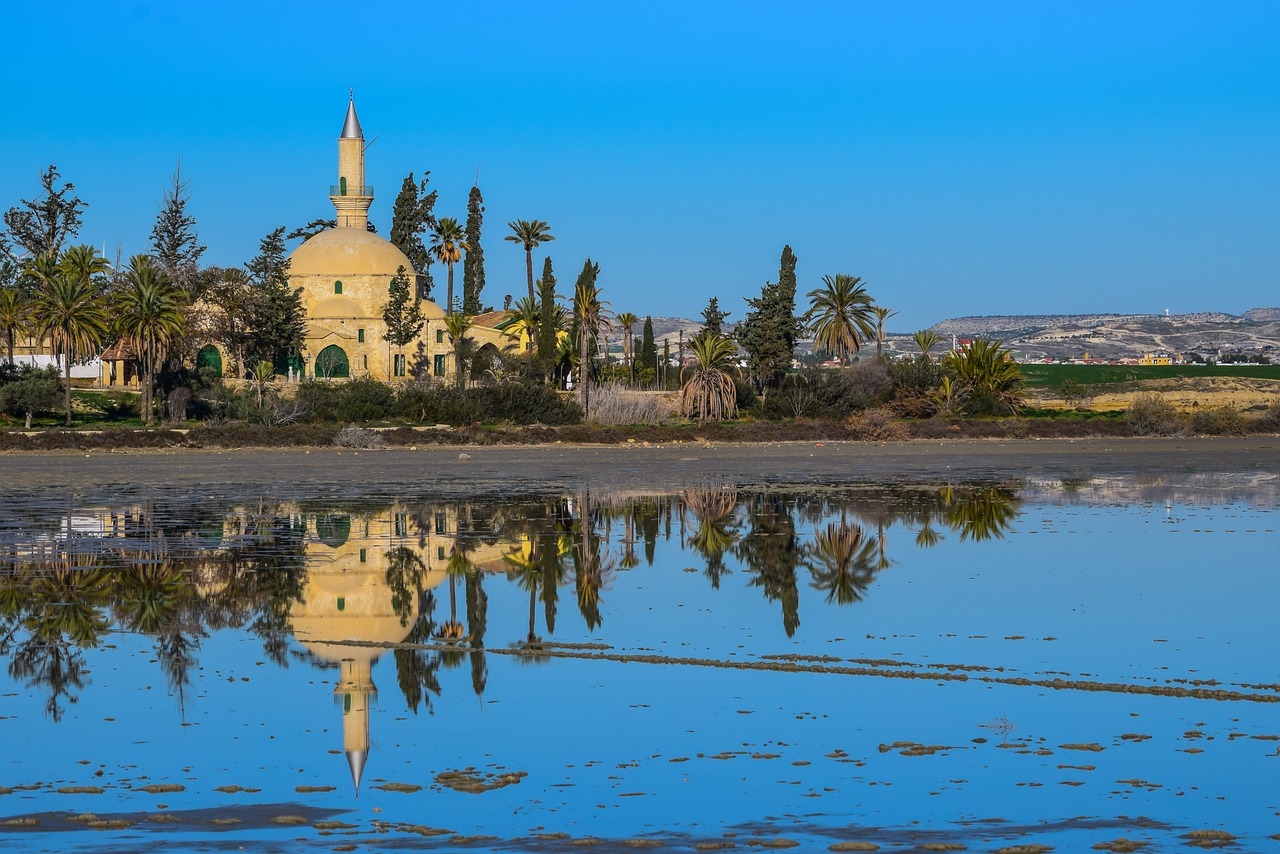
Legal Reforms and Administrative Innovations
Suleiman I, also known as Suleiman the Magnificent, was not only renowned for his military prowess but also for his significant contributions to legal reforms and administrative innovations within the Ottoman Empire. During his reign, Suleiman implemented various reforms that aimed to enhance the efficiency and structure of the empire's legal and administrative systems.
One of the most notable legal reforms introduced by Suleiman was the Kanunname, a legal code that standardized laws across the empire and ensured uniformity in the application of justice. This code helped establish a sense of order and predictability in legal proceedings, contributing to a more stable and organized society.
In addition to legal reforms, Suleiman also focused on administrative innovations that aimed to streamline the governance of the empire. He established a centralized bureaucracy that allowed for better coordination and communication between different regions of the empire. This administrative structure helped improve the collection of taxes, maintenance of public order, and overall governance efficiency.
Suleiman's reforms extended to the military as well, with the introduction of the Devshirme system, which recruited young Christian boys from conquered territories to be trained as soldiers or administrators within the Ottoman Empire. This system not only bolstered the empire's military strength but also brought in fresh talent and diverse perspectives to the administration.
Furthermore, Suleiman's emphasis on meritocracy in the appointment of officials based on competence rather than noble birth helped foster a more efficient and capable administrative system. This approach ensured that individuals with the necessary skills and expertise were placed in positions of authority, leading to better governance and decision-making.
Overall, Suleiman I's legal reforms and administrative innovations played a crucial role in shaping the structure and functioning of the Ottoman Empire during its golden age. His efforts to modernize and improve the legal and administrative systems laid a strong foundation for the empire's continued success and longevity.
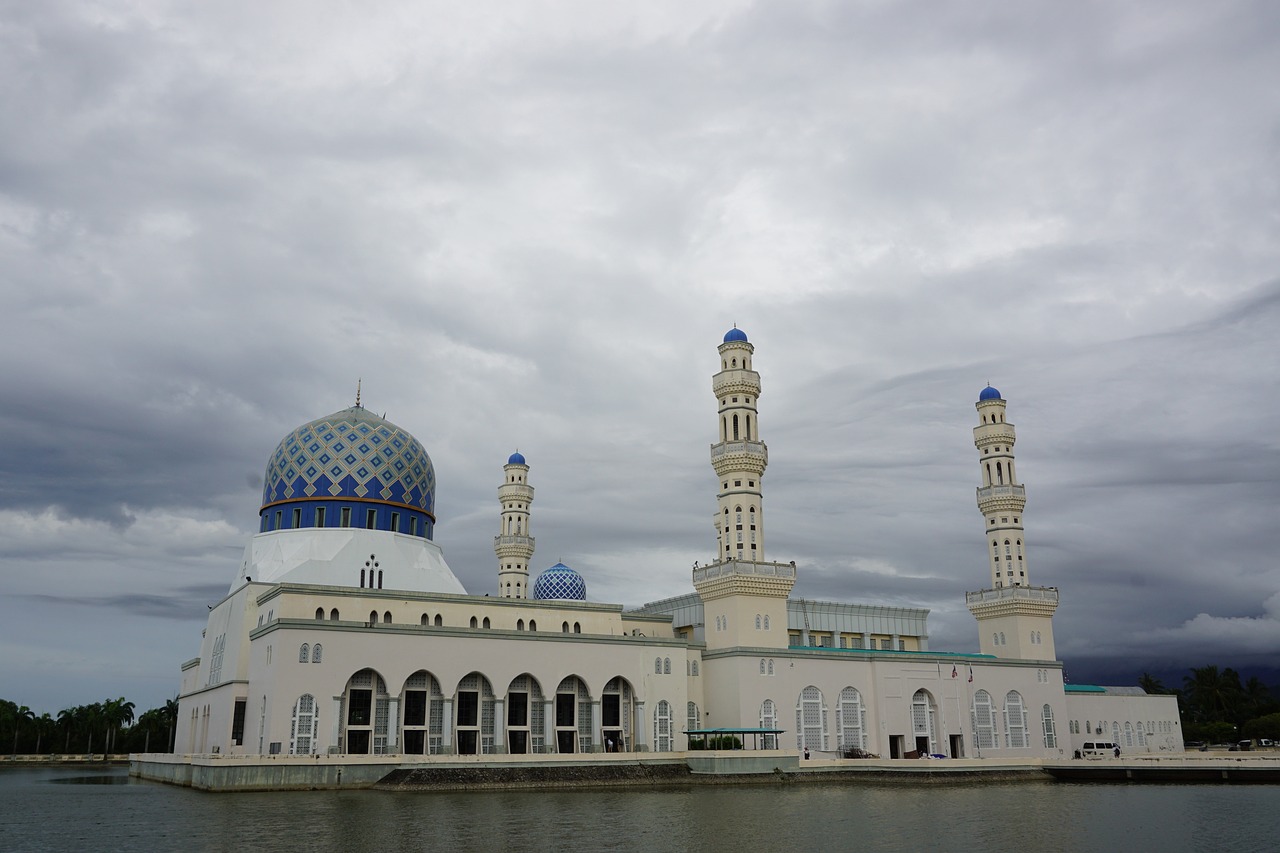
Cultural Patronage and Architectural Legacy
Suleiman I, famously known as "The Magnificent Sultan," not only excelled in military conquests and legal reforms but also left a profound impact on Ottoman culture and architecture during his reign. His patronage of the arts, literature, and architecture significantly shaped the empire's cultural landscape, leaving behind a lasting legacy that still resonates today.
One of the most iconic architectural contributions of Suleiman I is the magnificent Suleymaniye Mosque in Istanbul. Designed by the renowned architect Mimar Sinan, this grand mosque stands as a testament to Suleiman's support for architectural innovation and cultural development. Its elegant domes, intricate minarets, and elaborate decorations showcase the pinnacle of Ottoman architectural achievement.
Moreover, Suleiman's love for the arts extended beyond architecture to encompass various artistic endeavors. He was a fervent supporter of literature and poetry, fostering a vibrant cultural scene within the empire. Poets, scholars, and artists flourished under his patronage, producing works that celebrated the richness of Ottoman culture and heritage.
Furthermore, Suleiman's cultural patronage was not limited to the arts but also extended to the promotion of intellectual pursuits and educational advancements. He established numerous schools, libraries, and centers of learning, nurturing a generation of scholars and thinkers who contributed significantly to the intellectual legacy of the empire.
In essence, Suleiman I's cultural patronage and architectural legacy symbolize his commitment to enhancing the cultural and artistic heritage of the Ottoman Empire. His support for the arts, literature, and architecture not only enriched the empire's cultural tapestry but also solidified his reputation as a visionary ruler whose influence transcended his time.

Alliance with Hurrem Sultan
One of the most intriguing aspects of Suleiman I's reign was his alliance with Hurrem Sultan, his beloved wife. Hurrem Sultan, also known as Roxelana, was not only a consort but a trusted advisor and influential figure in the Ottoman court. Their partnership was more than just a marriage; it was a strategic alliance that shaped the political landscape of the empire.
Together, Suleiman and Hurrem Sultan worked hand in hand to navigate the complex world of Ottoman politics and diplomacy. Hurrem Sultan's intelligence and political acumen were highly regarded, and she played a significant role in decision-making processes. Her influence extended beyond the harem walls, and she actively participated in state affairs, often acting as a mediator and negotiator.
Through their partnership, Suleiman and Hurrem Sultan strengthened the Ottoman Empire both internally and externally. Hurrem Sultan's diplomatic skills were instrumental in forging alliances with foreign powers and managing relations with rival states. Her presence by Suleiman's side symbolized unity and stability, projecting a powerful image of the Ottoman court.
Moreover, Hurrem Sultan's influence extended to cultural and social spheres as well. She was a patron of the arts and supported various charitable endeavors, leaving a lasting impact on Ottoman society. Their relationship was not only a personal one but a strategic alliance that contributed to the empire's prosperity and stability during Suleiman's reign.

Legacy and Impact on Ottoman History
Suleiman I, also known as Suleiman the Magnificent, left an indelible mark on Ottoman history with his remarkable reign. His legacy is profound, shaping the empire in various aspects that resonate through the annals of time. Suleiman's rule is often characterized as a golden age for the Ottoman Empire, marked by military triumphs, legal reforms, and cultural achievements that elevated the empire to unprecedented heights.
One of the most significant impacts of Suleiman's reign was his military prowess and strategic conquests. His successful campaigns expanded the Ottoman Empire to its greatest territorial extent, reaching from Hungary in the west to Persia in the east. The conquest of key cities such as Belgrade and Rhodes solidified Ottoman dominance in the region, while the famous sieges of Vienna and Baghdad showcased Suleiman's military might.
Furthermore, Suleiman's legal reforms and administrative innovations laid the groundwork for a more efficient and centralized government. His contributions to Ottoman law and governance established a system that endured for centuries, providing stability and structure to the empire. Suleiman's emphasis on justice and fairness in his legal reforms earned him the title of "Kanuni," meaning the Lawgiver.
Aside from his military and administrative achievements, Suleiman was a patron of the arts and architecture, fostering a vibrant cultural environment within the empire. His support for artists, poets, and architects led to the creation of magnificent structures like the Suleymaniye Mosque in Istanbul, a testament to his enduring legacy in the realm of culture and aesthetics.
Moreover, Suleiman's partnership with Hurrem Sultan, his wife and influential political advisor, reshaped the dynamics of the Ottoman court. Hurrem Sultan's role in diplomacy and state affairs highlighted the importance of female influence in the empire, setting a precedent for future royal partnerships.
As history looks back on Suleiman I, his reign is remembered as a period of prosperity and intellectual flourishing for the Ottoman Empire. His reputation as a wise and just ruler endures, leaving a lasting imprint on Ottoman history that continues to fascinate scholars and enthusiasts alike.

Foreign Relations and Diplomacy
Foreign relations and diplomacy played a crucial role in shaping Suleiman I's reign as one of the most powerful Ottoman emperors. Suleiman's strategic alliances and conflicts with European powers, particularly the Habsburg Empire, significantly influenced the balance of power in the region. His military campaigns in Hungary and the Mediterranean brought the Ottoman Empire to the forefront of international politics, challenging the dominance of Western European states.
One of the most notable diplomatic achievements of Suleiman was the Treaty of Constantinople in 1533, which solidified peace with the Habsburgs and secured Ottoman control over Hungary. This treaty marked a period of relative stability in the region and allowed Suleiman to focus on expanding Ottoman influence in the Mediterranean and the Middle East.
Suleiman's diplomatic prowess extended beyond Europe, as he also maintained complex relations with Safavid Persia and Mamluk Egypt. The Ottoman-Safavid rivalry, rooted in territorial disputes and religious differences, led to several military confrontations during Suleiman's reign. Despite the ongoing conflicts, Suleiman skillfully navigated diplomatic channels to prevent all-out war and preserve a delicate balance of power in the region.
Furthermore, Suleiman's diplomatic initiatives often involved marriage alliances, such as his union with Hurrem Sultan, which not only strengthened his domestic authority but also forged important political connections with other states. Hurrem Sultan's influence in the Ottoman court and her diplomatic acumen played a significant role in shaping Suleiman's foreign policy decisions and enhancing the empire's international standing.
In conclusion, Suleiman I's foreign relations and diplomacy were characterized by a delicate balance of military strength, strategic alliances, and diplomatic finesse. His ability to navigate complex geopolitical challenges and maintain stability in a volatile international environment solidified his reputation as a formidable ruler and a masterful diplomat.

End of an Era: Suleiman's Successors
After the death of Suleiman the Magnificent in 1566, the Ottoman Empire faced a period of transition and uncertainty as his successors attempted to fill his formidable shoes. Suleiman's reign had been marked by military conquests, legal reforms, and cultural achievements that elevated the empire to its peak. However, his death signaled the beginning of a gradual decline for the once powerful Ottoman dynasty.
One of the immediate challenges that Suleiman's successors faced was internal strife and power struggles within the royal court. The Ottoman tradition of fratricide, where potential heirs would vie for the throne by eliminating their brothers, often led to instability and bloodshed. This internal turmoil weakened the empire's unity and effectiveness in governing its vast territories.
Furthermore, external pressures from European powers, such as the Habsburgs and the Venetians, intensified during the reigns of Suleiman's successors. The Ottoman Empire found itself engaged in costly wars that drained its resources and manpower, leading to territorial losses and economic strain. The once formidable military machine of the Ottomans began to falter, signaling a shift in the balance of power in the region.
As Suleiman's successors grappled with these challenges, they also faced the daunting task of managing a diverse and multiethnic empire that spanned three continents. The administrative complexities of governing such a vast realm, coupled with internal dissent and external threats, posed significant obstacles to the stability and longevity of the Ottoman dynasty.
Ultimately, the era following Suleiman's reign marked a period of decline for the Ottoman Empire, as successive sultans struggled to maintain the empire's former glory and power. The once mighty empire that had dominated the Eastern Mediterranean and beyond began to shrink in influence and territory, paving the way for new players to emerge on the world stage.
Frequently Asked Questions
- Who was Suleiman I, and why is he known as "The Magnificent Sultan"?
Suleiman I, also known as Suleiman the Magnificent, was the tenth and longest-reigning Sultan of the Ottoman Empire. He earned the title "The Magnificent" due to his significant military conquests, legal reforms, and cultural achievements that shaped the empire's golden age.
- What were some of Suleiman I's major military campaigns and conquests?
Suleiman I led several successful military campaigns, including the conquest of Belgrade, Rhodes, and the famous sieges of Vienna and Baghdad. His strategic military prowess expanded the Ottoman Empire's territories and influence significantly.
- How did Suleiman I contribute to Ottoman law and governance?
Suleiman I made significant contributions to Ottoman law through his legal reforms, which aimed to improve governance and the empire's administrative efficiency. His efforts in restructuring the administrative system left a lasting impact on Ottoman governance.
- What was Suleiman I's legacy and impact on Ottoman history?
Suleiman I's reign left a profound impact on Ottoman history, earning him a reputation as a wise and just ruler. His legacy includes shaping the empire's cultural and architectural landscape, as well as influencing the diplomatic strategies of future Ottoman leaders.
- How did Suleiman I's alliance with Hurrem Sultan influence Ottoman politics?
Suleiman I's partnership with Hurrem Sultan, his wife, played a crucial role in Ottoman politics and diplomacy. Hurrem Sultan's influence at the Ottoman court and her diplomatic contributions alongside Suleiman shaped key decisions during his reign.








